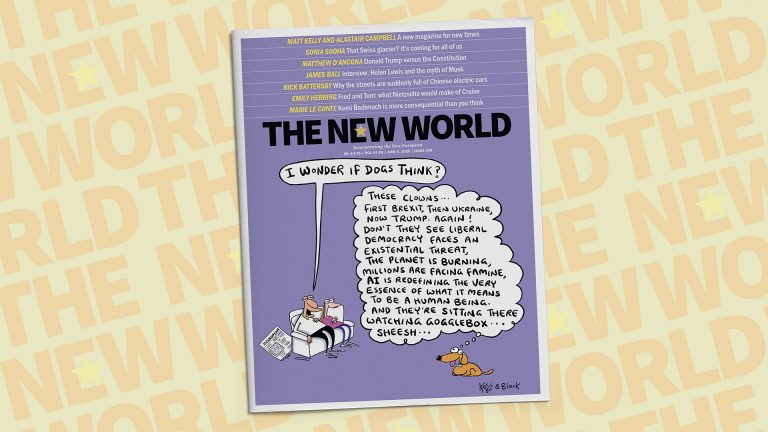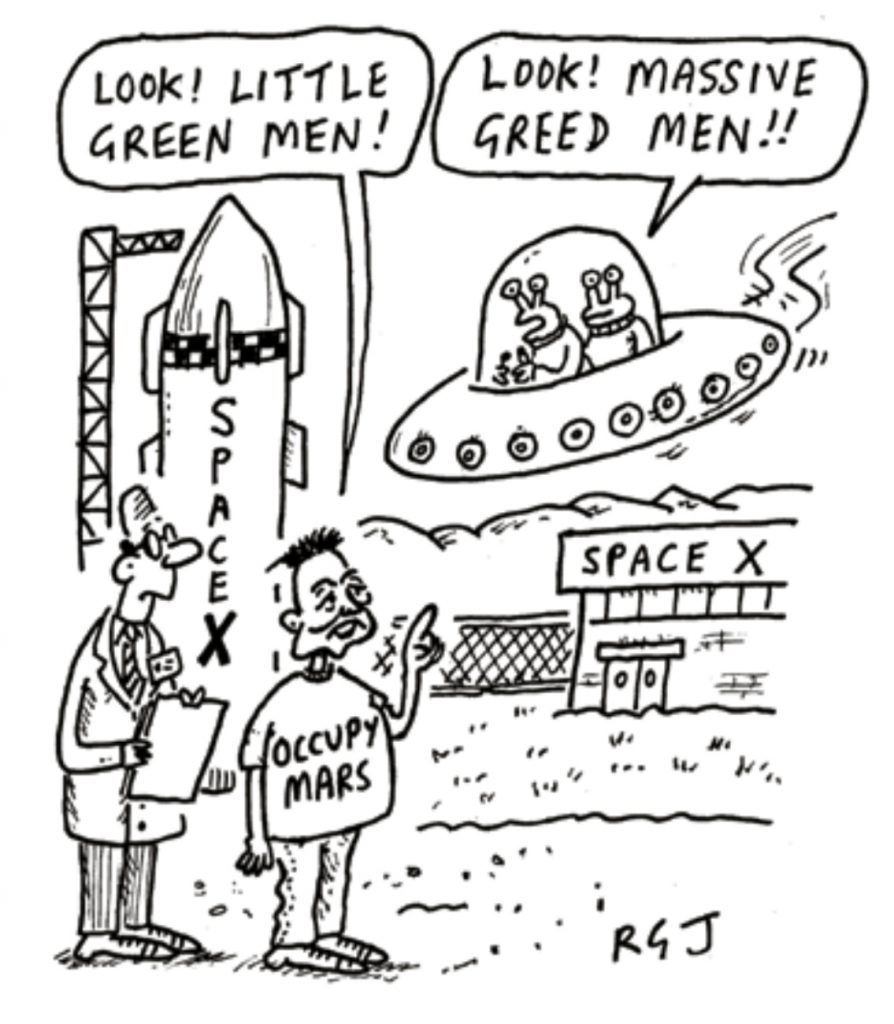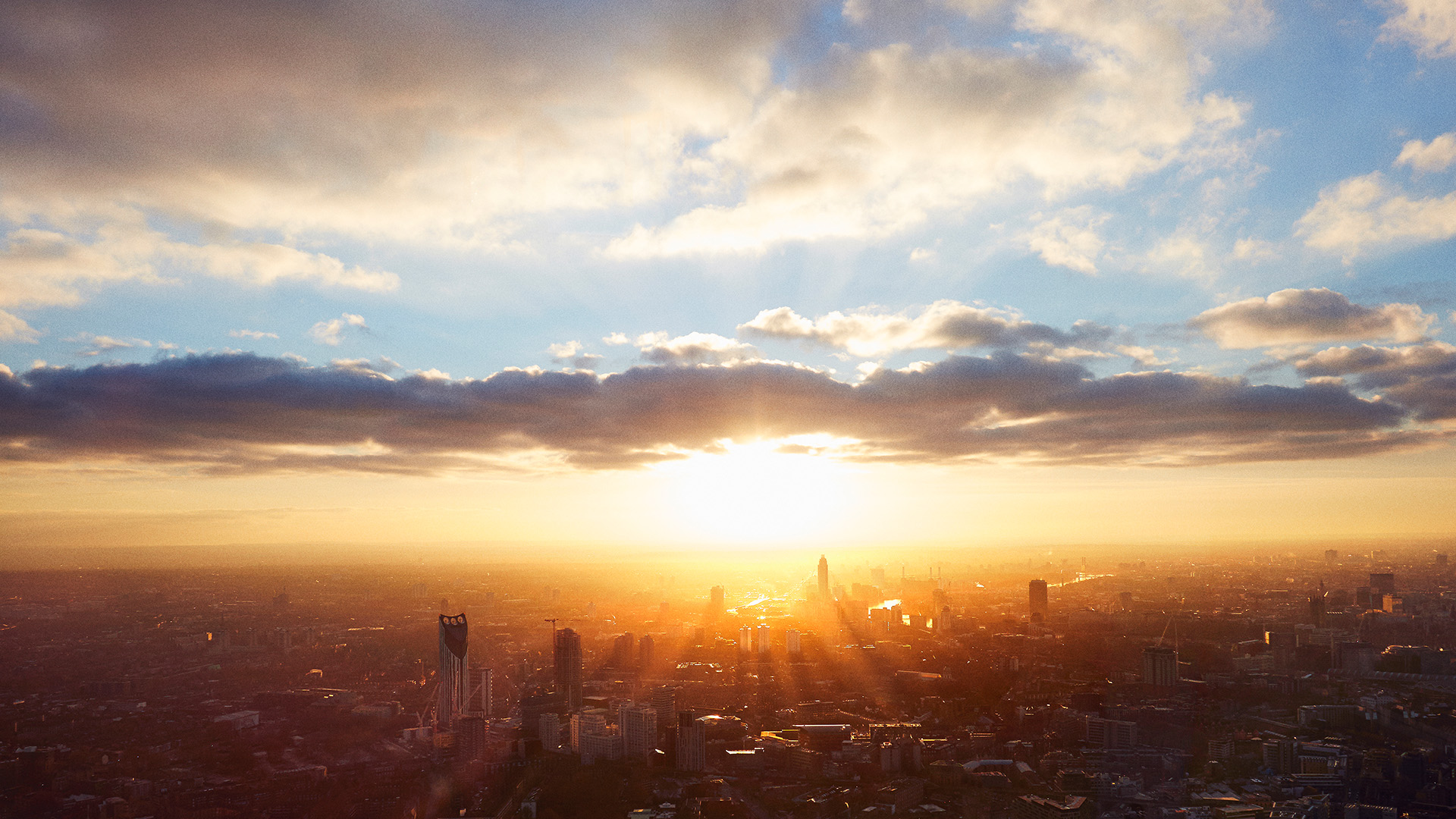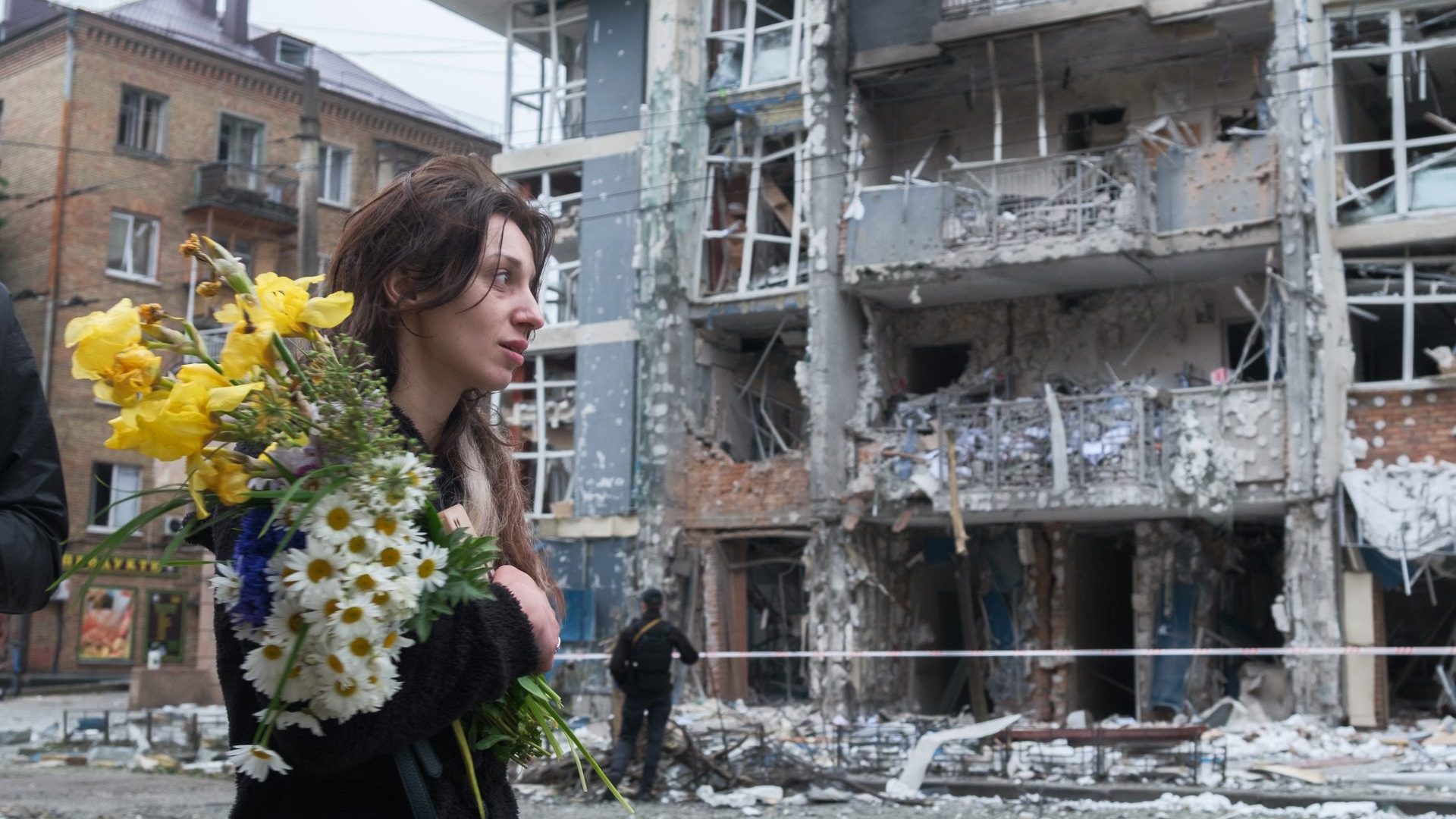“A new world, is it not?” as Tony Blair might put it. Readers born after the New Labour era may need a reminder… as we arrived at the South Bank in the early hours of May 2, 1997, the scale of our landslide clear, the sun was rising over the Thames, and my old boss met the moment with le soundbite du jour: “A new dawn has broken, has it not?”
It had. The country felt good, and for all the many ups and downs, that mood, for Britain certainly, and for much of the world, endured for some time. The Berlin Wall was long gone, and now the Tories, too. Peace, prosperity, international cooperation – and education – were on the rise.
Globalisation seemed to be helping, but within a decade came the global financial crisis, the shatterings of which we are still picking up: economic models struggling to cope with the pace of technological change; inequalities that politics seems incapable of addressing; populism that exploits rather than addresses the new challenges. And so to Brexit… and the birth not of a new dawn, but The New European.
The paper was an emotional spasm in the wake of the 2016 referendum, a classic “I must DO something” impulse. “What’s this New European thing about?” I asked our founder, Matt Kelly, on hearing of his plans. “I want to try to stop Brexit,” he said.
“Me too… count me in.”
As The New European has never tired of highlighting, Brexit has proved to be the trade-reducing, business-destroying, power-diminishing, community-dividing, public services-harming, bureaucracy-adding disaster we warned it would be. But we lost. Brexit may be a historic mistake, but it is a historic fact.
So when Matt called me recently, and reported the conversation that led to the name change you are hopefully enjoying today, my first instinct – but what about Brexit, our raison d’être? – was quickly replaced by an acceptance of the reasoning – this really is a new world… and then shock that nobody had copyrighted The New World before!
We will never join the Brexit omertà of so much of the political and media class. That is a given; la lotta continua. However, as regular readers know, there is so much more to this paper than Brexit, or Europe. It is something of a minor miracle that what started as a four-week pop-up experiment has endured, successful first in print, then digitally, while covering themes and parts of the world our ever-more trivialising, nationalist, inward-looking media ignores.
The new title is a new chapter in a story we will keep on telling – that the answers to the challenges we face lie not in putting up ever-higher barriers to the outside world, but in embracing its possibilities; adapting to change, while never giving up on the mindset and principles – and the commitment to hard fact as the basis of real debate – that led to the paper’s creation in the first place.
Stick with us. The New World newspaper will hopefully outlast the new world trends, traits and personalities currently doing so much damage in so many ways.
Suggested Reading


Why The New European is becoming The New World
A big figure in the new world of course, like it or not, is Donald Trump. Speaking in Dublin, I asked the audience for a show of hands on who had not mentioned the US president since getting up that morning. I counted four raised hands among an audience of 500, and the owner of one of those hands told me afterwards: “I haven’t said the T-word because for the sake of my mental health I am trying not to talk about him; but I’ve thought about him lots.”
It is frankly impossible not to, because of Trump’s relentlessness in pursuing Steve Bannon’s “flood the zone with shit” strategy. Given how much media space there exists today, it is fair to assess that Trump 2.0 has attracted more coverage per day than anyone in human history. However, much of it will be forgotten, as a lot of what he says leads precisely nowhere, or certainly not to the destination he intended when first opening his mouth.
He is, and will continue to be, a consequential president. But sanity requires us at least to try to separate signal and noise. Right now, on so many fronts, the noise is deafening, but the signal is weak. In their very different ways, Vladimir Putin, Xi Jinping and Benjamin Netanyahu on the bad guy front, and Anthony Albanese, Mark Carney and King Charles on the good guy front, can attest to that.
From Dublin to Astana, capital of Kazakhstan, the ninth biggest country in the world, No 1 in the list of landlocked countries, yet with a population of just 20 million, giving it the lowest population density on the planet.
I was there to speak at the Astana International Forum, and though yes, the T-word came up among the politicians, diplomats, economists, academics and spooks gathered together, the C-word was on far more lips. That’s C for China, not C for Trump (Janey Godley RIP).
It was here, in 2013, that China’s leader, Xi Jinping, formally launched what became known as the Belt and Road Initiative (BRI). China’s name for it is the less catchy Silk Road Economic Belt and 21st-Century Maritime Silk Road Development Strategy, but who worries about the snappiness of titles when you’ve managed to sign up more than 140 countries to work with you on what amounts potentially to an epoch-making economic, political and strategic long-term transformation, often likened to the USA’s postwar Marshall Plan?
Long-termism is not something we associate with Trump’s mind-bending unpredictability. China prides itself on it. Xi’s official launch 12 years ago built on the so-called “Go Out” policy of his predecessor, Jiang Zemin; the BRI was added to the Chinese Communist Party’s constitution in 2017; and the plan is for completion by 2049, the 100th anniversary of the founding of the People’s Republic of China. Now THAT is long-term planning.
The US remains hooked on the kind of stereotype that led vice-president JD Vance, justifying the now-scaled-back tariff war, to complain that America was “borrowing money from Chinese peasants to buy the things those peasants manufacture”. Yet I wonder if one of the reasons for America’s current strangeness is that deep down they fear China may already have surpassed the US as the world’s No 1 power.
There are many ways to measure global power, and China rightly faces criticism over human rights, not least treatment of the Uighurs. But the other reason they have invested so much in the Belt and Road Initiative is to build their soft power, especially with those countries that feel neglected or abused by the US.
It does seem especially odd that at a time when China is so focused on increasing soft power, the US is so determined to trash its own.
The refrain of a very senior BBC executive is that the Beeb must “shed its woke image and reflect the populist anger of our times”. I assume that is why, when party leaders with far more MPs than Nigel Farage’s five are largely ignored, the news channels have decided his every spit and fart must be covered live (emphasis on coverage not scrutiny).
I have been re-reading the BBC Charter to try to establish which part requires “shedding woke image” and “reflecting populist anger”.
The BBC really can be its own worst enemy, not least in the way it constantly panders to its enemies, those who created the woke image and populist anger in the first place.





